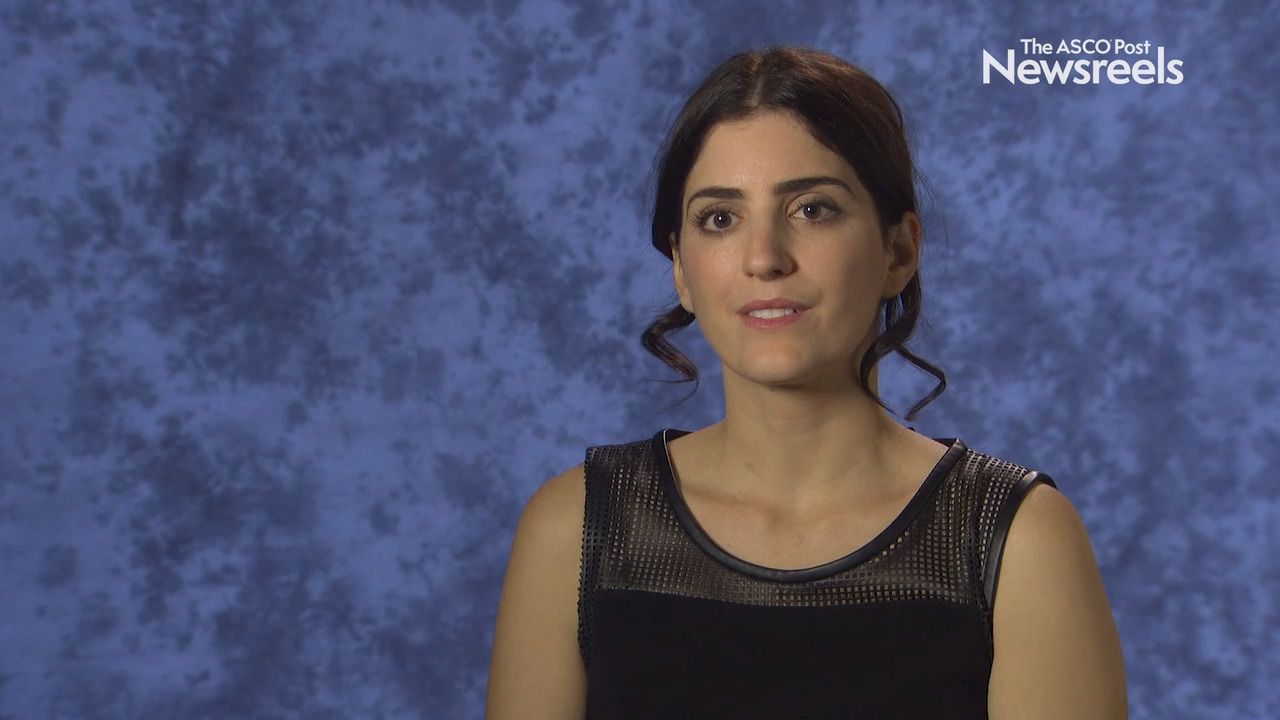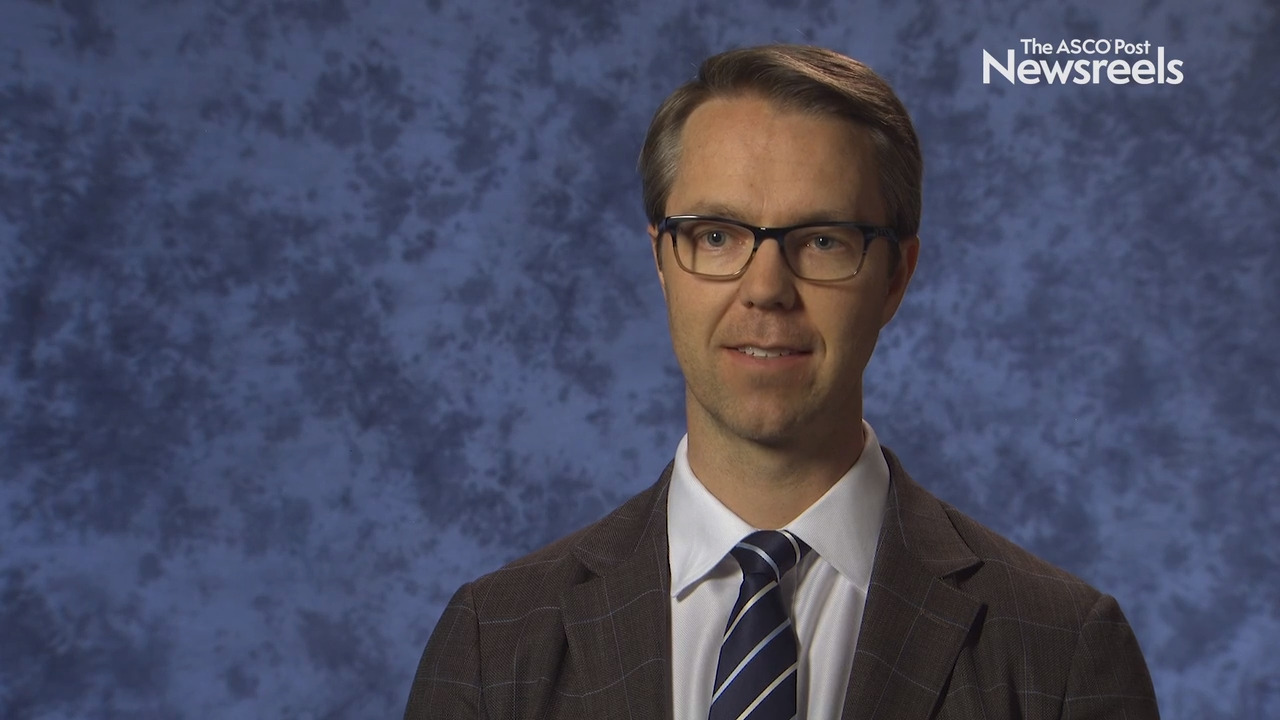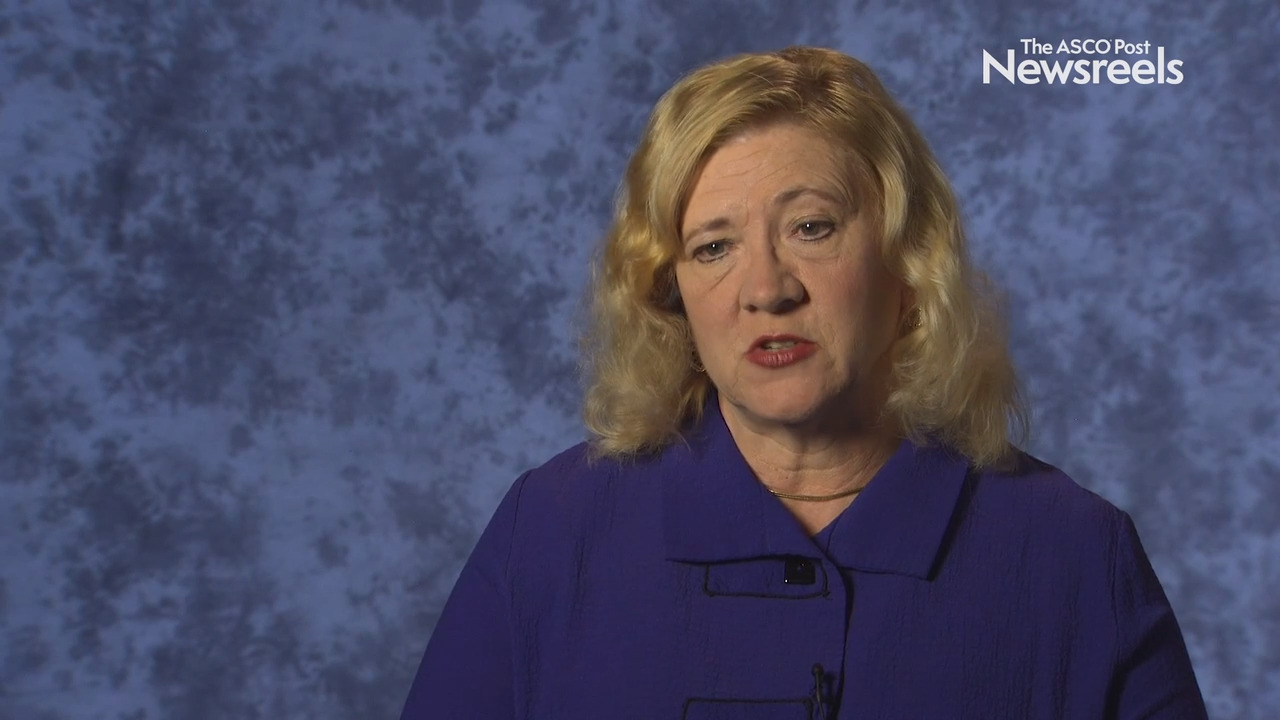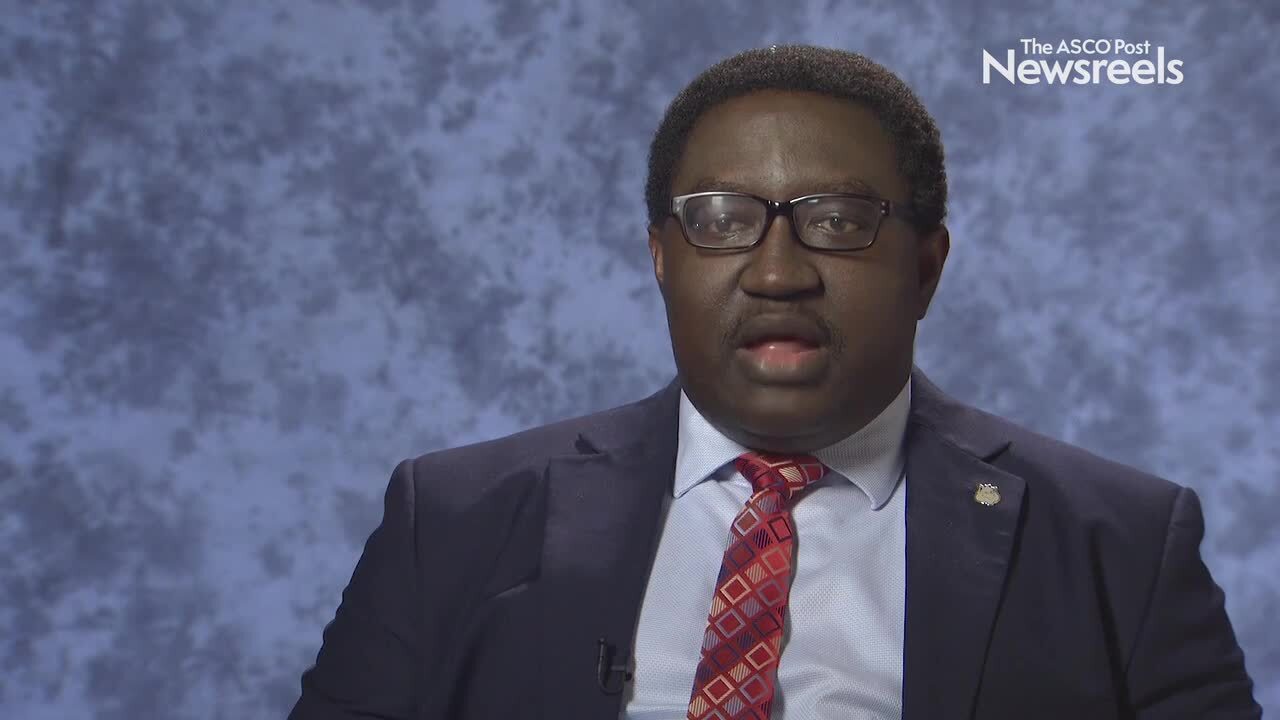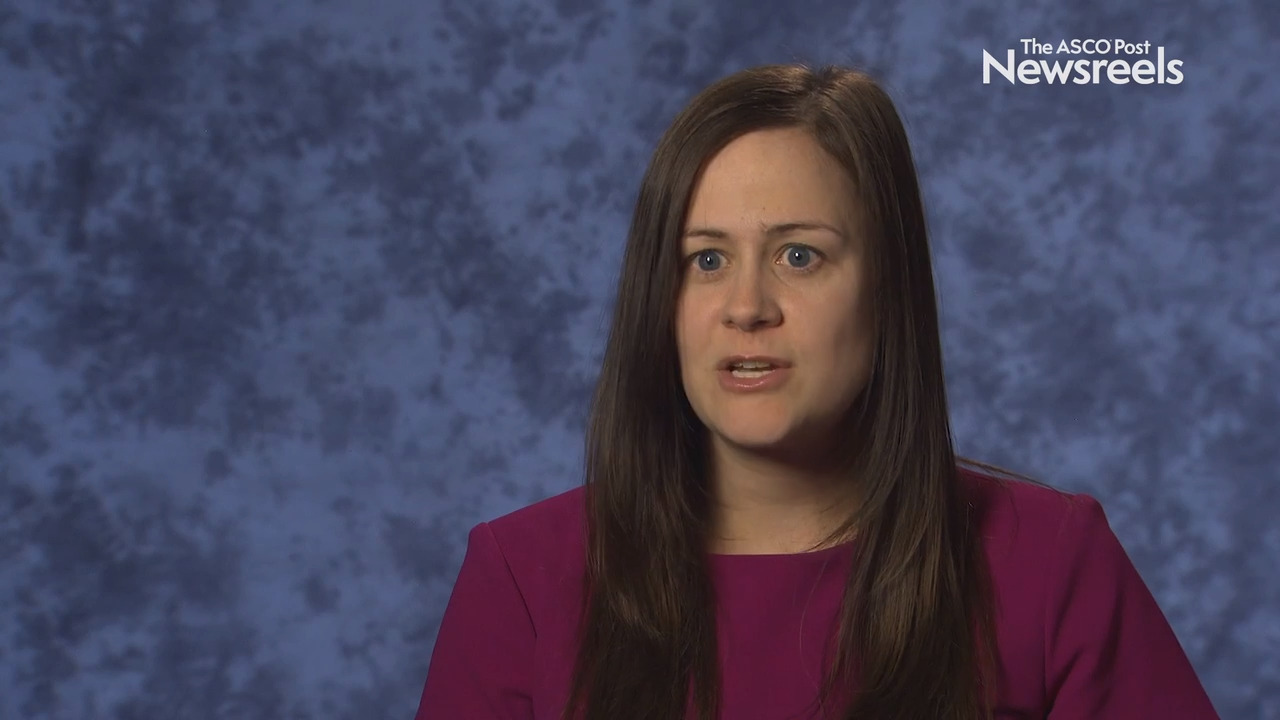Leslie J. Blackhall, MD, on Unregulated Opioid Access: Consequences and Outcomes
2018 Palliative and Supportive Care in Oncology Symposium
Leslie J. Blackhall, MD, of the University of Virginia, discusses abuse of opioids, prescribing responsibly, and reducing cancer pain while also decreasing the risk of misusing these agents.
Suleika Jaouad, an Emmy Award–winning writer, advocate, and cancer survivor who was diagnosed at age 22 with myelodysplastic syndrome and acute myeloid leukemia, discusses what she has learned about coping with cancer, learning from it, and growing beyond it.
Eric Roeland, MD, of Massachusetts General Hospital, discusses the wide variation among physicians in preventing vomiting from highly emetogenic chemotherapy (Abstract 74).
Betty R. Ferrell, PhD, of City of Hope, discusses the many advances in immunotherapy and the drugs’ effect on patients’ quality of life, including psychological well-being.
Nosayaba Osazuwa-Peters, MPH, PhD, of St. Louis University, discusses study findings on married cancer survivors with advanced stage disease who were less likely to die by suicide, highlighting the value of supportive care in cancer survivorship (Abstract 181).
Elizabeth Jane Cathcart-Rake, MD, of the Mayo Clinic, discusses the frequency of side effects from immunotherapy, the need to closely monitor those receiving this treatment, and the role of clinicians in educating their patients on toxicities (Abstract 184).
